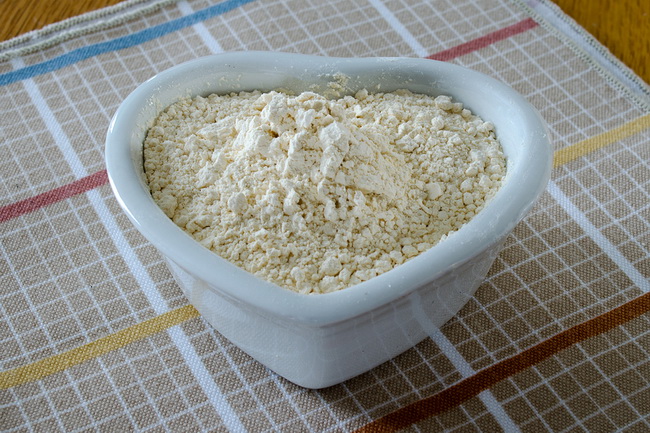- Make It Yourself Lavender Heart-Shaped Bath Bombs!
- 20 Things You Never Knew About “Down There”
- 12 Best Foods For Those Suffering From Arthritis Pain
- 12 Personal Hygiene Mistakes Almost Everyone Makes (Mom Never Told You About #4!)
- 15 Medicinal Plants And Herbs From The Cherokee People
- 12 Mind-Blowing Benefits Of Drinking Coconut Water During Pregnancy
- 12 Outstanding Winter Foods That Won’t Fatten You Up Like A Christmas Turkey
Looking for a Great All Around Protein Source? We Have the Answer
Each scoop of pea protein powder packs a big 5 grams of BCAA’s. This is almost the same as whey powder which has right around 6 grams per serving. So all you need is two scoops of pea protein powder every day and you will get all the important amino acids you need to lose fat, build lean muscle and keep your body healthy and fit.
Pea powder is easily digested as well. It isn’t going to make you feel bloated or give you gas. Your body easily absorbs this protein and makes it quickly available for your body to use. No one can say this about soy, which is difficult to digest and cannot be used by your body very easily.
Pea protein is also completely lactose free, so if you can’t stomach lactose, you won’t have any problems with this protein powder. Many people who are lactose intolerant find that they get terrible gas and bloating from the sugar found in many whey protein powders. Also, pea protein powder mixes easily with water, so you won’t have those lumpy, bumpy, nasty tasting smoothies that have lumps of dry powder in them because they are difficult to mix and dissolve.
If you are on a low carb diet, pea protein is also a good choice for you as well. With only 2 grams of carbs in each scoop, you won’t have to cut carbs in other parts of your diet when you add pea protein to your life.
If you are currently using another type of protein powder, pick up some pea protein powder next time around and see if you can’t feel the difference.
Sources:
Diepvens K1, Häberer D, Westerterp-Plantenga M. Different proteins and biopeptides differently affect satiety and anorexigenic/orexigenic hormones in healthy humans. Int J Obes (Lond). 2008 Mar;32(3):510-8.

































